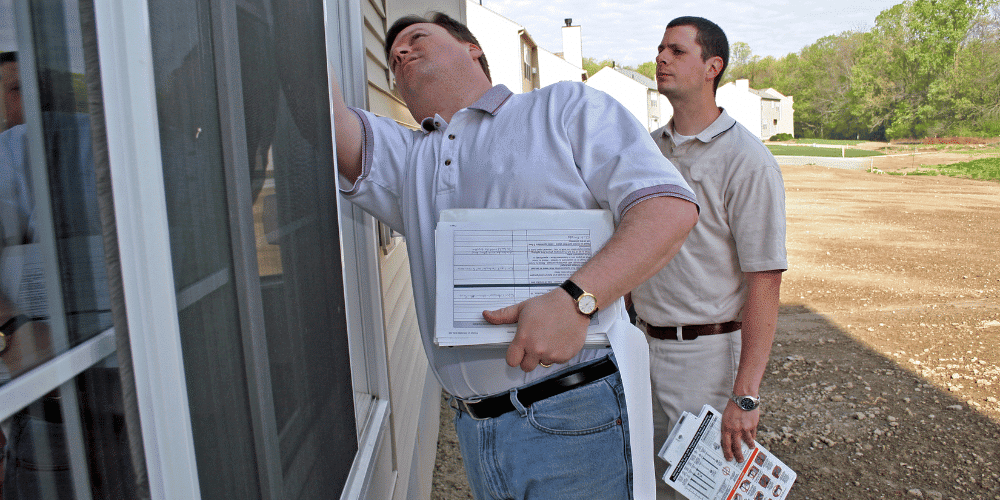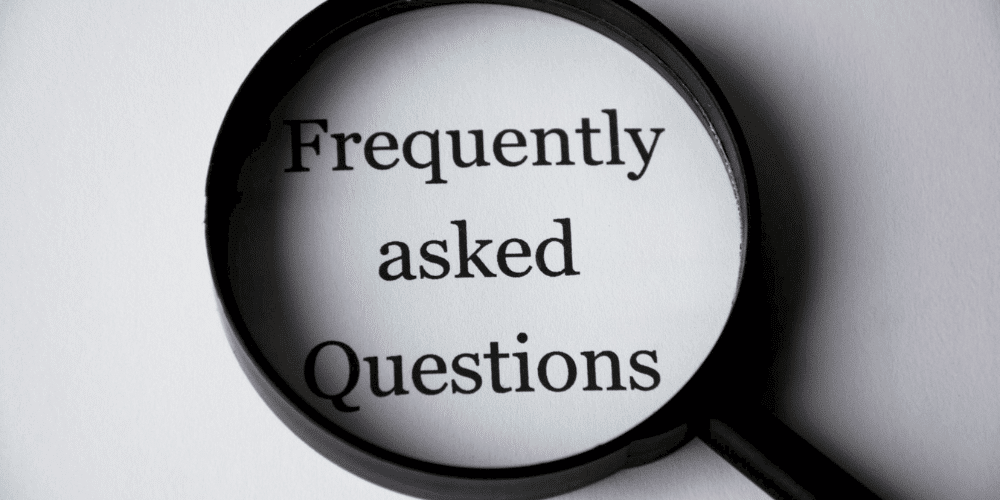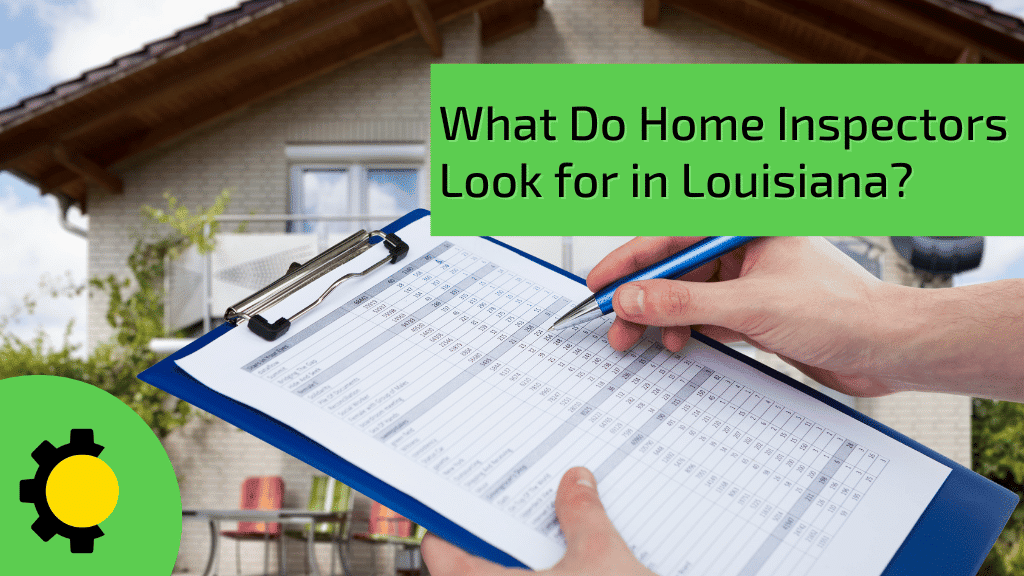Buying a home is a significant investment, likely one of the largest you will ever make. Therefore, it’s crucial to obtain as much information as possible about the property’s condition and any potential major repairs before finalizing the purchase.
Home inspections are conducted by licensed and certified home inspectors from LSBHI. They help reduce the likelihood of encountering unpleasant surprises, unforeseen expenses, and headaches after the purchase is made.
Even seemingly perfect homes may have defects that appear on an inspection report. As a buyer, knowing what to look for on an inspection report is important.
In this article, we’ll explain what a home inspection is, and cover the top items that inspectors typically review.
What is a home inspection?
A typical home inspection is a thorough examination of a residential building’s physical structure and major interior systems. The primary objective of a home inspection is to identify any safety risks or areas in need of repair.
Throughout a home inspection, the inspector will examine the visible and accessible components of the home’s structure. This includes the roof, attic, walls, ceilings, floors, windows, doors, and foundation. They will also check the heating, air conditioning, plumbing, and electrical systems for any potential issues.
It’s important to remember that a home inspection is not meant to identify every small issue or hidden defect in a home. Typically, a buyer should be able to identify minor or cosmetic flaws without the assistance of a professional inspector.
Keep in mind that a reliable home inspector will not only identify the negative aspects of a home. They should also highlight the positive aspects and maintenance required to keep it in good condition. This will give you a better understanding of the property you are considering purchasing, providing you with confidence and peace of mind.

What do they inspect?
We’ve established what a home inspection is and why they’re important. Now let’s look at what exactly is inspected, and what the inspector is looking for.
HVAC system
When inspecting a home’s HVAC system, the first step is a visual inspection. This includes checking the heat pump, air conditioner, ducts, furnace, and thermostat. Additionally, the inspector will look for any signs of gas or carbon monoxide leaks to ensure safety.
Next, the inspector will manually check the systems to ensure they are in good working order. For gas or oil furnaces, this means checking that it lights properly and heats or cools the home effectively.
Electrical
When inspecting a home’s electrical system, the first step is checking the wires outside that enter the electrical panel. The inspector will also make sure that trees and bushes aren’t interfering with the wiring.
Next, the inspector will open the electrical panel to check that it’s connected by circuit breakers instead of fuses. They will also check that the main breaker has enough amps for the home’s electrical needs. The inspector will check that copper wiring is used, no wires are loose, and there’s no rust inside the electrical panel.
Once the electrical panel is checked, the inspector will test all wall outlets in the home using a multimeter. They will also check all light switches throughout the home and note any that don’t work.
Plumbing
During a home inspection, the inspector will examine all the water-related areas of the home. This includes toilets, bathtubs, showers, sinks, waterlines, and pipes. To make sure everything is working well, they will test the flappers, filler mechanisms, and water levels in all the toilets.
Outside, they’ll check the hydrants and pipes for any leaks and make sure that there’s enough antifreeze protection. Lastly, they will look at the temperature, pipes, and pressure relief valves in all the water heaters to ensure everything is up to code.
Attic
When inspecting a home, a certified inspector will climb up to the attic to check on its condition. The attic’s insulation will be thoroughly checked as it directly affects the home’s energy efficiency. The inspector will also take note of the ventilation as a poorly ventilated attic can cause excess moisture, leading to mildew growth. They will look for water stains, damaged insulation, or any signs of leaks that could indicate water damage.
If the furnace is located in the attic, the inspector will keep an eye out for any rust as it can also be a sign of water damage. Fire damage is another thing they will look out for, such as scorched wood or soot. The attic’s interior provides insight into the overall framing of the home and roof structure. This will help determine whether the home’s roofing system can withstand high winds and protect itself against damage.
Roof
To ensure their safety, home inspectors will only climb onto the roof if it meets certain criteria. The roof should be less than three stories tall and not too steep. Additionally, they won’t inspect it during inclement weather such as rain, snow, or strong winds.
If it’s safe to do so, the inspector will examine the gutters, flashing, and inspect for any missing or warped shingles.
Floors, walls, and ceilings
When inspecting a home, the inspector will carefully examine the walls, ceilings, and floors for any signs of discoloration, mildew, or water damage. They will also look out for any structural damage, such as cracks, sagging ceilings, or bulging walls.
In addition, they will check for any unevenness in the baseboards or flooring. It’s important to keep in mind that the inspector won’t mark down cosmetic issues, only problems that pose safety hazards or require repairs due to structural damage.
Windows and doors
When inspecting the home, the inspector will check all windows and doors to make sure they function as intended. This includes checking if they open and close smoothly. The inspector will also note the type of windows in each room and ensure that each bedroom has at least one functioning window that can be used as an exit during an emergency.
In addition, the inspector will assess the doorframes to check if they are level and not sagging into the floor, which could indicate issues with the home’s foundation.
Foundation
When it comes to inspecting a home’s foundation, most home inspectors will start by checking the outside of the house and working their way in. They’ll look for signs of a faulty foundation, such as a chimney that’s leaning away from the home, a sunken porch, or cracked steps leading up to the house. On the inside, they’ll pay attention to doors and windows that are difficult to close, and look for considerable cracks in the drywall or ceiling, which could indicate foundation problems.
They’ll also check for several cracked tiles or lopsided flooring, as these can also suggest foundational issues. Along with the foundation, the inspector will also assess the home’s framing and other structural elements to ensure they’re in good condition and free of mildew. It’s a crucial part of the home inspection process to make sure the structure is strong and secure.
When inspecting a raised house, a home inspector will check the structural components that support the elevated structure. This includes inspecting the posts, piers, beams, and joists that hold up the house, as well as the connections between them. The inspector will also look for signs of damage or decay in the wood components, as well as any evidence of termite or other pest infestations.
Basement
Although basements won’t be found here in South Louisiana, homes in the northern part of the state with basements will receive a thorough inspection. The inspector will pay close attention to signs of water damage in the basement, just like in other parts of the house.
Common indicators of water damage include musty odors, mildew or mildew growth, damaged walls, and uneven flooring. The inspector will also assess the areas around the basement doors and windows to prevent water from entering.

FAQ
Can a home fail inspection?
A home inspection is not equivalent to an appraisal, which determines the market value. It’s also not a municipal inspection that confirms local code compliance. It is a comprehensive assessment of the current condition of the house.
A home inspector will not issue a “pass” or “fail” verdict. They’ll provide an accurate and unbiased description of the property’s physical state, highlighting any potential problems or concerns.
Does someone need to be present for the inspection?
While it is not technically required, LSBHI highly recommends that homebuyers attend the home inspection for several reasons. By attending the inspection, you can directly observe the inspector and ask questions about any concerns you may have.
You will also have the opportunity to learn about the condition of the home and become familiar with its features and components. Understanding how various systems work and how to maintain them is crucial for future homeowners.
A comprehensive, written report will be provided if you are unable to attend the inspection. However, there is no substitute for being present during the inspection. Take the time to attend the inspection and gain valuable insight into your potential home.
What if they find problems?
It’s essential to keep in mind that almost no home is flawless. In the event that your inspector discovers issues with the property, it doesn’t necessarily mean that you shouldn’t buy it.
Rather, it means that you will have a better understanding of what to expect. Your inspector should encourage you to contact a licensed and certified Louisiana contractor, for pricing and repairs on any noted deficiencies.
Additionally, you may have the opportunity to negotiate the purchase price with the seller if significant problems are uncovered. This can help you offset the necessary repair costs.
Contact us
An essential part of the home buying process, a home inspection should never be skipped. It’s a comprehensive assessment of the home’s structural integrity, safety features, and potential hazards. By having a professional home inspector examine your potential new home, you can avoid costly repairs and ensure that you’re making a sound investment.
At Sunlight Contractors, we understand the importance of a thorough home inspection. We offer home inspections that cover everything from the roof to the foundation.
In addition to our inspection services, we also offer a wide range of home improvement services, including roofing repairs and installations, spray foam insulation, and damage restoration. So, if you’re in need of a home inspection or any repairs, please don’t hesitate to contact us.
Contact us today to schedule your home inspection or for more information about our services. At Sunlight Contractors, we’re committed to providing our customers with the highest quality service and ensuring that their homes are safe and secur

